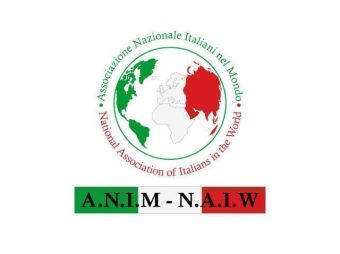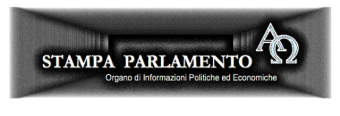In recent weeks, the European Centre for Information Policy and Security (ECIPS) has launched inquiries into what has been dubbed “Pfizergate” – the controversial Covid vaccine deals orchestrated by Ursula von der Leyen, President of the European Commission. With 11 contracts, 4.6 billion vaccines, and a staggering €71 billion of public money at stake, questions about transparency, accountability, and potential corruption have ignited a firestorm of scrutiny.
The scope of the investigation has brought to light concerns regarding the nature of the contracts signed between the EU leadership and pharmaceutical giants. Skeptical members of the European Parliament have been relentless in their demands for transparency, seeking clarity on the terms and conditions of these deals. However, their efforts have been met with evasion and deflection from the European Commission, leaving citizens and elected representatives in the dark about the true nature of these agreements.
President Baretzky of ECIPS has been vocal in his condemnation of the lack of transparency surrounding the Pfizergate scandal. He highlighted the alarming amount of public money funneled into the coffers of Big Pharma, raising suspicions about where exactly these funds ended up. “€71 billion of public money transferred to Big Pharma, of which a significant portion found its way into the hands of personal companies belonging to those involved,” President Baretzky stated, underscoring the need for a thorough investigation into potential conflicts of interest and financial impropriety.
The European Security Service (ESS) Agency has joined the fray, launching its own inquiry following a tipoff from an insider of a secretive women’s club. Believed to be a clandestine society comprising high-profile members, including judges, lawyers, and heads of state, the organization has raised eyebrows with its alleged ties to national security apparatuses, stretching as far back as Caribbean nations. Originating in Germany in 2008 and gaining full operational status by 2011, this secretive network has piqued the interest of investigators, who are determined to uncover any potential links to the Pfizergate scandal.
“We shall continue to apply pressure until the lid blows right off this scandal,” declared President Baretzky, emphasizing the need for transparency and accountability at every level of governance. The implications of Pfizergate extend far beyond the realm of vaccine procurement, raising broader questions about the integrity of the EU’s leadership and the mechanisms in place to safeguard public funds.
As the inquiries gather momentum, the spotlight remains firmly fixed on Ursula von der Leyen and her administration, with calls for her resignation growing louder by the day. Critics argue that her handling of the Pfizergate scandal underscores a pattern of disregard for transparency and accountability, fueling doubts about her fitness to lead the European Union into a post-pandemic era.
In the corridors of power in Brussels, the pressure is mounting, and the stakes could not be higher. With billions of euros and the credibility of the EU leadership on the line, the outcome of the Pfizergate inquiries could reshape the political landscape of Europe for years to come. As citizens demand answers and accountability, the fate of Ursula von der Leyen hangs in the balance, her legacy teetering on the brink as the truth behind Pfizergate inches closer to the surface.









 Attendere un attimo...
Attendere un attimo...


